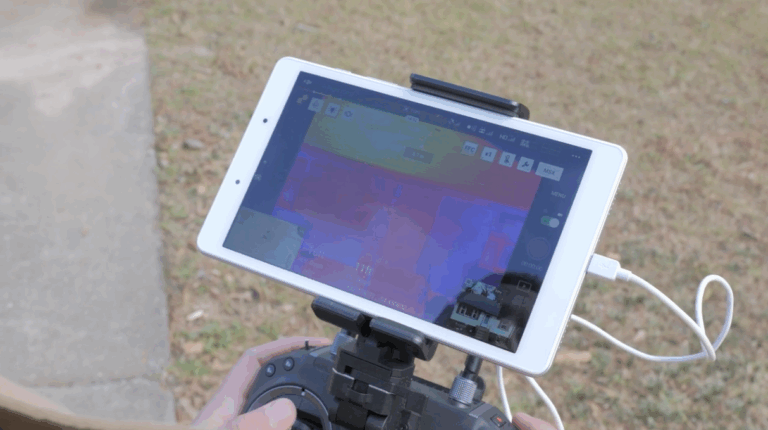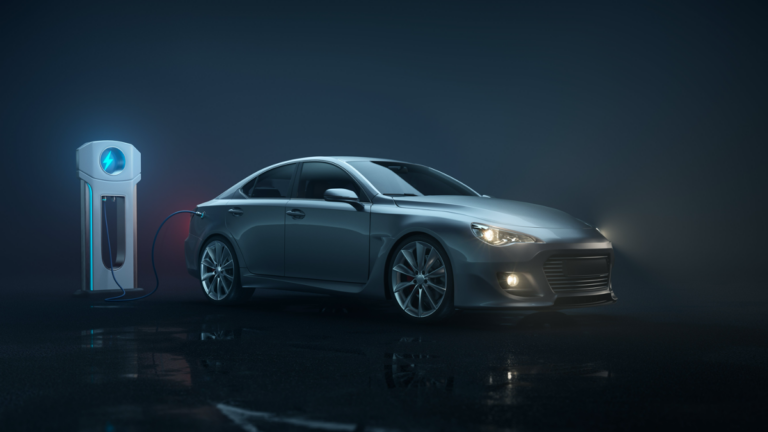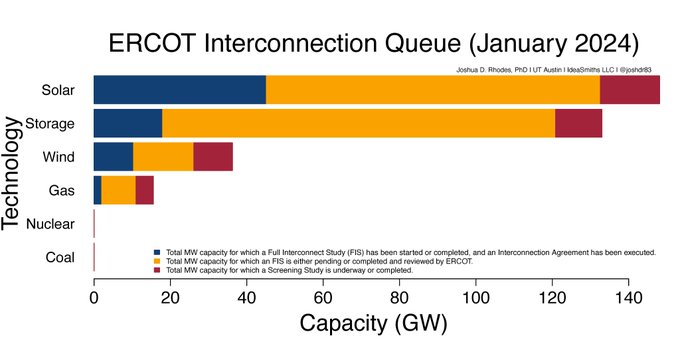May 3, 2021
(May 3, 2021 — AUSTIN, TX) Pecan Street’s new Charging Smart whitepaper concludes that utilities can save up to 41% serving their residential electric vehicle charging loads by deploying smart charging technologies. Charging Smart analyzes residential EV charging scenarios to identify opportunities and challenges for the grid and makes policy recommendations for utilities on how to advance smart charging technologies that will unlock EV charging as a significant grid management resource tool.
Higher capacity vehicle charging will play an important role in the viability and adoption of longer-range EVs. However, higher capacity charging could be a more expensive and less predictable load for utilities unless they take deliberate action to establish approaches to integrate smart charging technologies, demand response programs, and utility customer outreach and education. If utilities take these steps, EV charging can be a powerful grid management tool and a net positive for utilities, their customers, and the climate.
“What’s so promising about this analysis is the clear opportunity to push innovation that will use vehicle electrification to create a more reliable electric grid and maximize greenhouse gas reductions,” said Pecan Street CEO Suzanne Russo. “It’s critical that utilities and regulators act now to establish programs that encourage the adoption of smart charging technology and optimal charging behaviors.”
Pecan Street analyzed nearly 100 homes with EVs in Pecan Street’s research network and ran several simulations of grid and utility cost impacts for various charging technology adoption scenarios. The findings show an 18% cost increase for the worst-case scenario and a 23% cost decrease for the best-case scenario. The best-case scenario shifted a percentage of EV charging from peak times to overnight, while the worst-case scenario had more EV owners charging in the early evening.
“To get to a real-life scenario that looks like our best-case simulation, we’re going to need to see utilities lean into smart charging technologies and demand response programs for charging,” said Pecan Street data analyst Cavan Merski. “This approach, along with customer education and incentives, can shift EV charging to optimal times, as we’ve seen with pilot programs, like the CCET study.”
To complement Charging Smart, Pecan Street has re-released a 2015 case study conducted for the Center for the Commercialization of Electric Technologies (CCET). The case study includes insights into consumer behavior and EV charging optimization strategies for utilities and illustrates the effectiveness of time-variant electricity pricing and consumer education for influencing behavior change adoption for at-home EV charging. More broadly, the CCET case study is intended to inform the development of policies that support the recent commitments to full vehicle electrification by the Biden Administration and U.S. automakers.
About Pecan Street Inc.
Pecan Street is internationally renowned for its pioneering research model that integrates communities, technology developers, data scientists and advocates to accelerate the pace of innovation for climate and conservation solutions. Pecan Street applies a high-impact research and development approach to areas of high potential to serve as cost-effective climate solutions that are impeded by lack of data and technology readiness. Pecan Street is a 501(c)(3) applied research and commercialization institute. Learn more at pecanstreet.org.
Contact
Colin Rowan, Pecan Street, media@pecanstreet.org, 512-222-9603
###

















